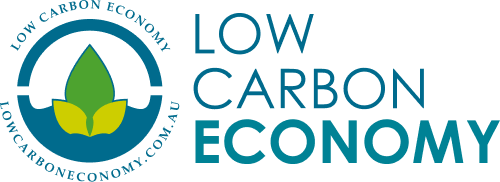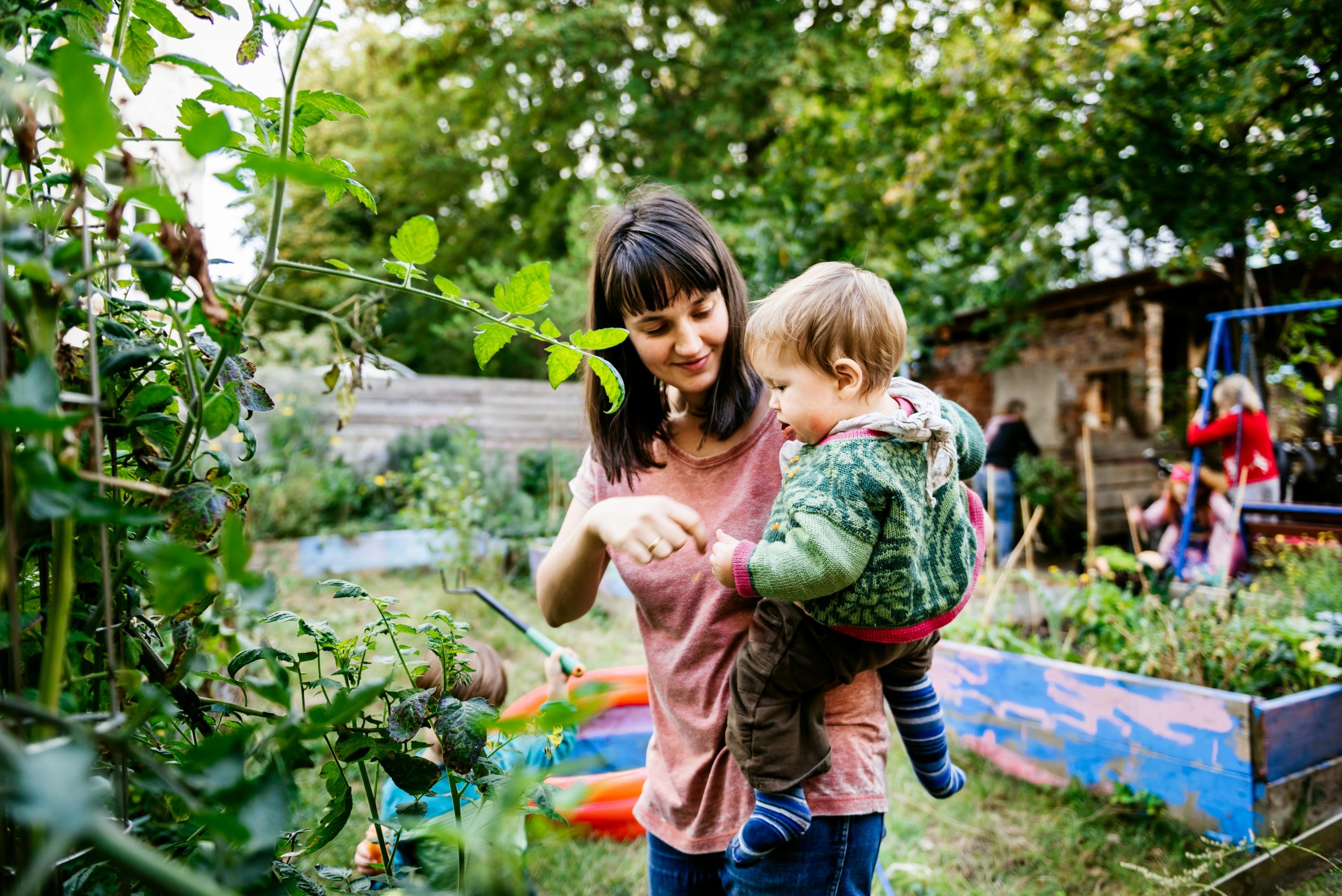As one of Australia’s leading life insurers we’ve learnt that the most important part of life isn’t the stuff we own, but the experiences we share with the people we love. It’s living life. This Australian life.
For over 150 years, we have been protecting people, not things. Together with our partners we protect 4.5 million Australians and their families, helping them look after what matters most, so they have the freedom to keep living the life they planned.
Life insurance has a special role in our community. It provides financial security for Australians when they need it most, providing control and confidence when they might otherwise need Government support.
At TAL, we believe we have a responsibility to not only our customers and business partners, but also to our people and the broader community. Our commitment to building a better future for all goes beyond the products and services we provide. We have a strong desire to contribute positively to the Australian community at large through social and environmental initiatives.
As part of this commitment, TAL has become a carbon-neutral business.
To learn more about TAL, visit www.tal.com.au
What does NoCO2 Certification mean?
By meeting the requirements of the NoCO2 Program, TAL is certified as a Carbon Neutral Business by CRI; can be promoted and marketed as such and can display the NoCO2 Logo issued by CRI. To achieve this status and become carbon neutral TAL undertook the following process:
- Commissioned a NoCO2 audit from CRI to measure their carbon footprint for CY2020. CRI’s NoCO2 audit follows the standards outlined by the World Business Council for Sustainable Development’s Greenhouse Gas Protocol Corporate Accounting and Reporting Standard (1), in addition to the international standard ISO 14064.1 (2).
- Have committed to offset their unavoidable emissions through the purchase of units in approved projects under the Verified Carbon Standard (VCS) and Gold Standard, and
- Committed to ongoing annual auditing of their emissions.
What Carbon Credit Projects does TAL purchase offsets from?
India: Clean Energy from Wind Project & Biomass Project
Environmental problems in India are growing rapidly. The increasing economic development and a rapidly growing population that has taken the country from 300 million people in 1947 to more than one billion people today is putting a strain on the environment, infrastructure, and the country’s natural resources. India’s air pollution is exacerbated by its heavy reliance on coal for power generation. Coal supplies more than half of the country’s energy needs and is used for nearly three-quarters of electricity generation.
While India is fortunate to have abundant reserves of coal to power economic development, the burning of this resource, especially given the high ash content of India’s coal, has come at a cost in terms of public health risk and environmental degradation. Investments in clean energy sources, such as wind and biomass, are therefore considered to be essential both in the interest of the environment and for public health reasons.
The Projects:
Wind projects partially displace electricity currently generated from grid-connected conventional fossil fuel-based thermal power plants, while reducing emissions. Wind Projects reduce the emission of greenhouse gases and limit local air pollution, curtailing its negative health impacts. In addition to its environmental benefits, the implementation of the project creates job opportunities for local workers, contractors, and suppliers, while the operation and maintenance of the wind park generate long-term employment positions.
Biomass projects are implemented in small or large industrial plants. Their aim is to utilize agricultural waste or other non-renewable biomass residues as fuel to generate power and to lower the plants’ dependence on the local grid for electricity. Before the implementation of the project, the electricity needs of such plants were met by power from a coal-dominated grid. To meet the rising energy demands in production, a new efficient biomass boiler was installed together with a steam turbine, producing both steam and electricity. The new boilers are fuelled with locally available agricultural waste instead of traditional, emission-intensive coal.
Beyond the reduction of greenhouse gases, these projects contribute to local sustainable development by:
- Creating jobs
- Alleviating the load on the unstable regional electricity grid
- Reducing the dependence on energy imports on a national level
- Creating a business case for regional empowerment through environmentally friendly technology, and
- Biomass projects create additional income for farmers from agricultural waste.
Certifications
Certified NoCO2 Business


Contact
TAL AUSTRALIA LIMITED
363 George St, Sydney NSW 2000





